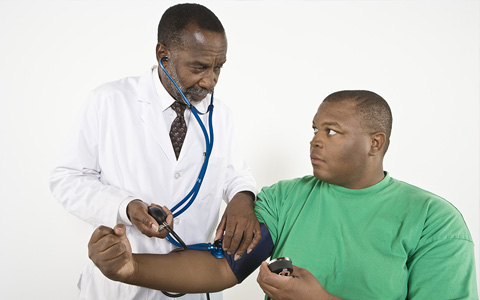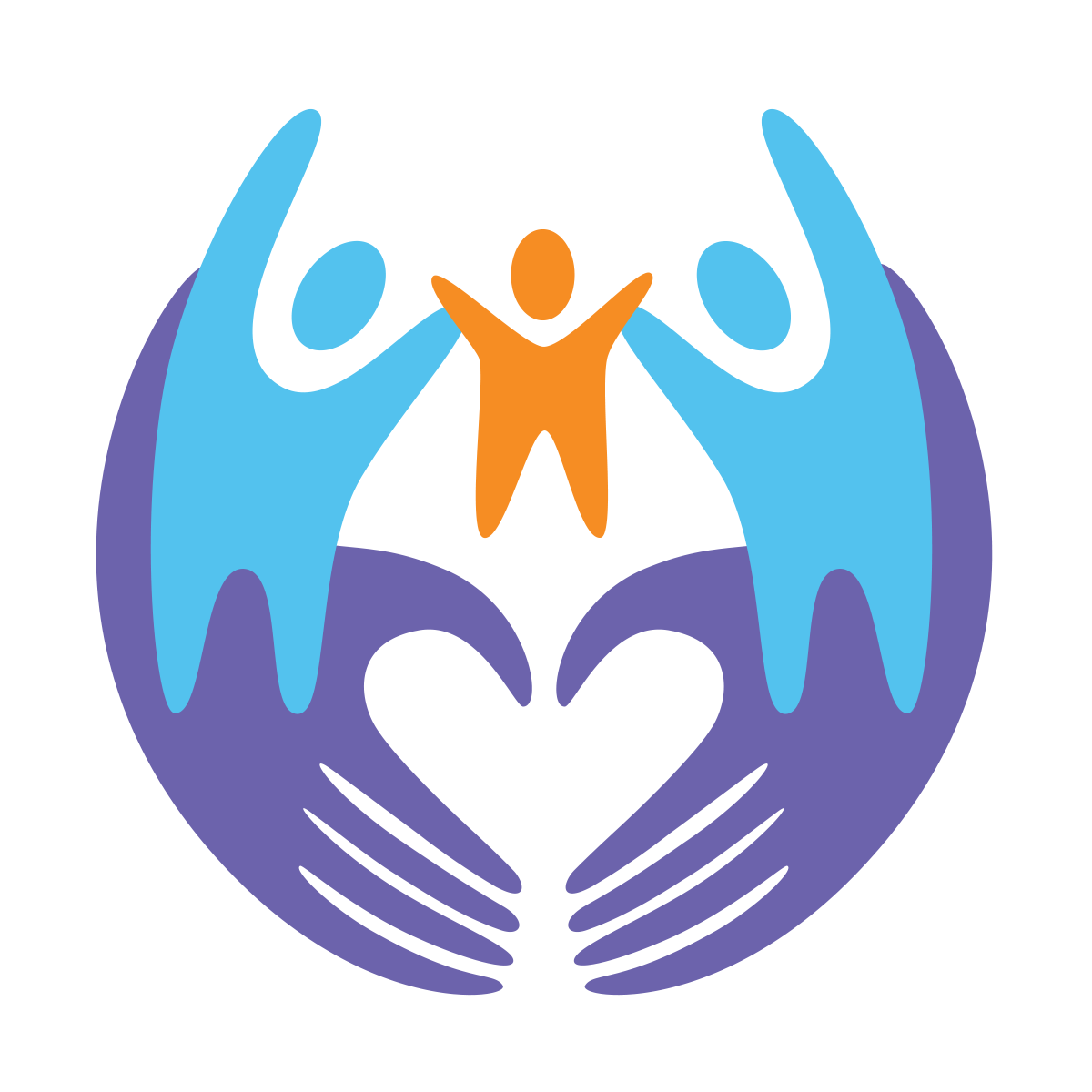Managing your Hypertension
Learn the signs, know your options, and prolong your life.
Hypertension
Click on the plus sign for answers to commonly asked questions.

Learn the Signs
What is Hypertension (high blood pressure)?
High blood pressure, also known as Hypertension, is a common long-term medical condition in which the force of blood in the arteries is persistently elevated, creating a higher risk for health problems such as heart disease. High blood pressure usually develops over many years and affects most of us eventually.
What are the symptoms?
Most people with high blood pressure have no signs or symptoms at all, even if blood pressure has reached dangerously high levels. Annual checkups with your doctor are the best way to learn if your blood pressure is elevated.
What are common risk factors?
For most adults, there's no identifiable cause of high blood pressure. Called primary (essential) hypertension, this type tends to develop gradually over many years. Secondary hypertension is caused by an underlying medical condition, certain medications, alcohol and drug abuse, and even chronic alcohol use. Common risk factors include age, family history, inactivity, tobacco, being overweight or obese.
Can Hypertension be cured?
Generally speaking, high blood pressure cannot be cured but it can almost always be controlled. Once you are diagnosed with high blood pressure you will need to take steps to manage your blood pressure for the remainder of your life.

Know Your Options
Can Hypertension be prevented?
Yes! The good news is that you can often prevent or treat high blood pressure. Early diagnosis and simple, healthy changes can keep high blood pressure from seriously damaging your health.
How is Hypertension diagnosed?
To measure your blood pressure, your doctor or a specialist will place an inflatable arm cuff around your arm and measure your blood pressure using a pressure-measuring gauge. Your doctor will likely use readings from three or more separate appointments before diagnosing you with high blood pressure as fluctuations in blood pressure normally varies throughout the day.
How is Hypertension managed?
Changing your lifestyle is important to controlling high blood pressure. Your doctor may recommend you eat a healthy diet with less salt, exercise regularly, quit smoking and maintain a healthy weight. If diet and exercise do not achieve desired results, your doctor may recommend medication to lower your blood pressure.

Create New Habits
What is a healthy diet for managing Hypertension?
One way your doctor may recommend lowering your high blood pressure is by using the DASH diet. DASH stands for Dietary Approaches to Stop Hypertension. The diet is simple: Eat more fruits, vegetables, and low-fat dairy foods. The DASH diet also encourages you to reduce sodium and eat a variety of foods rich in nutrients that help lower blood pressure, such as potassium, calcium and magnesium.
How can I manage eating in social situations?
Use these six steps to eat better when eating with others: plan ahead so you know what to expect, eat ahead so you're not starving, eat in small doses, have cues, aim for healthier choices as much as possible, and when you indulge do so in small bites.
What are the easiest ways to get active?
The best types of exercise for lowering blood pressure include walking, jogging, cycling, swimming or dancing. Strength training also can help reduce blood pressure. The key is to pick activities you enjoy and include family and friends. Start with simple goals and add more activity as your strength and endurance increase. Have fun!
